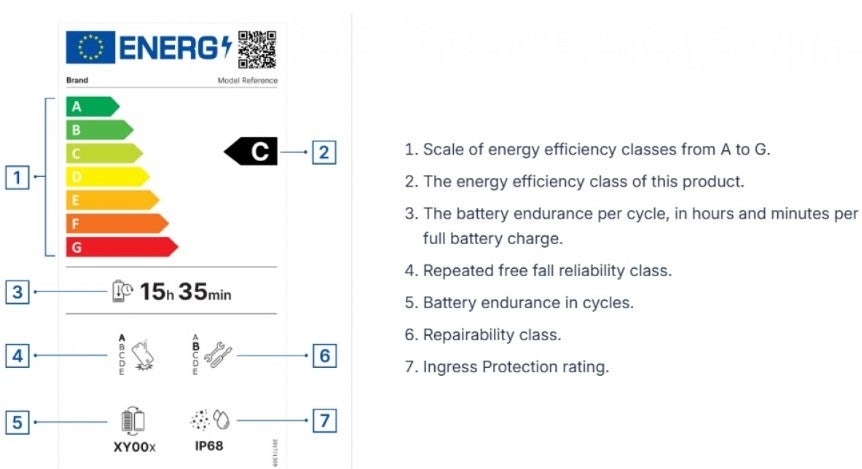On 9 May, 2025, the US Texas state House made headlines by passing the Right to Repair bill, HB 2963, with an astonishing vote of 126 to 0.
This landmark decision marks a significant victory for consumer rights and independent repair shops, showcasing a rare moment of bipartisan agreement in a politically polarised landscape. The new law mandates that electronic device manufacturers provide essential repair materials, including spare parts and documentation, to consumers and independent repair shops on fair terms.
The passage of HB 2963 is part of a broader movement sweeping across the US, where all 50 states are now addressing Right to Repair legislation.
Right To Repair is on the up
In 2025 alone, states such as Vermont, New Mexico, Wisconsin, Florida, and many others are actively pursuing similar laws. This surge in legislative activity reflects a significant shift in the approach to consumer rights and environmental sustainability, as more states recognise the importance of enabling repairs to reduce electronic waste and promote a circular economy.
States that have already enacted Right to Repair laws, including New York, Oregon, and Minnesota, are also looking to enhance their existing legislation. These enhancements aim to close loopholes and ensure that the laws remain relevant in the face of rapidly evolving technology. As the movement gains momentum, it is likely that more states will follow Texas’s lead, paving the way for a more sustainable and consumer-friendly environment for electronic device repairs.
EU consumers will know how energy efficient their smartphones and tablets are
Starting June 20, 2025, the European Union will launch a new labelling system for smartphones and tablets to promote sustainable consumption. Devices will be rated from ‘A’ to ‘G’ for energy efficiency, similar to household appliances, helping consumers make informed choices. Labels will also provide information on battery life, durability against drops and scratches, and repairability, including an IP rating for dust and water resistance. Each label will include a QR code, linked to the European Product Registry for Energy Labelling (EPREL) where consumers can find more detailed product information.

US Tariffs are shifting - will you react or anticipate?
Don’t let policy changes catch you off guard. Stay proactive with real-time data and expert analysis.
By GlobalData
In addition, the EU will enforce eEcodesign requirements that mandate standards for durability and battery retention. Manufacturers must ensure spare parts are available within 5-10 working days and provide timely operating system updates to enhance security. These measures are expected to save households €150 ($171) and reduce CO₂ emissions by 46 million tons. While the rules apply within the EU, their influence may extend globally, encouraging manufacturers to prioritise durability and energy efficiency.
Samsung’s UK customers will get 50% cashback when they upgrade Galaxy S25 phones
Samsung’s new UK pilot program offers a 50% guaranteed return on Samsung Galaxy S25 upgrades within 12-15 months, aiming to compete with Apple’s iPhone upgrade program.
With Android OS smartphones depreciating faster than iPhones, this initiative seeks to enhance the resale value of Samsung smartphones. Targeting early upgrades leverages consumer behaviour insights, as the average smartphone tenure in the UK is nearly four years.
This strategy encourages high-value customers to upgrade more frequently, ensuring a steady supply of newer models in the resale market and alleviating concerns about rapid depreciation. By incentivising early upgrades, Samsung hopes to maintain a robust second-hand market, ultimately narrowing the residual value gap with Apple. If successful, this strategy could reshape the Android market’s dynamics, challenging Apple’s dominance and fostering a more competitive smartphone environment.








